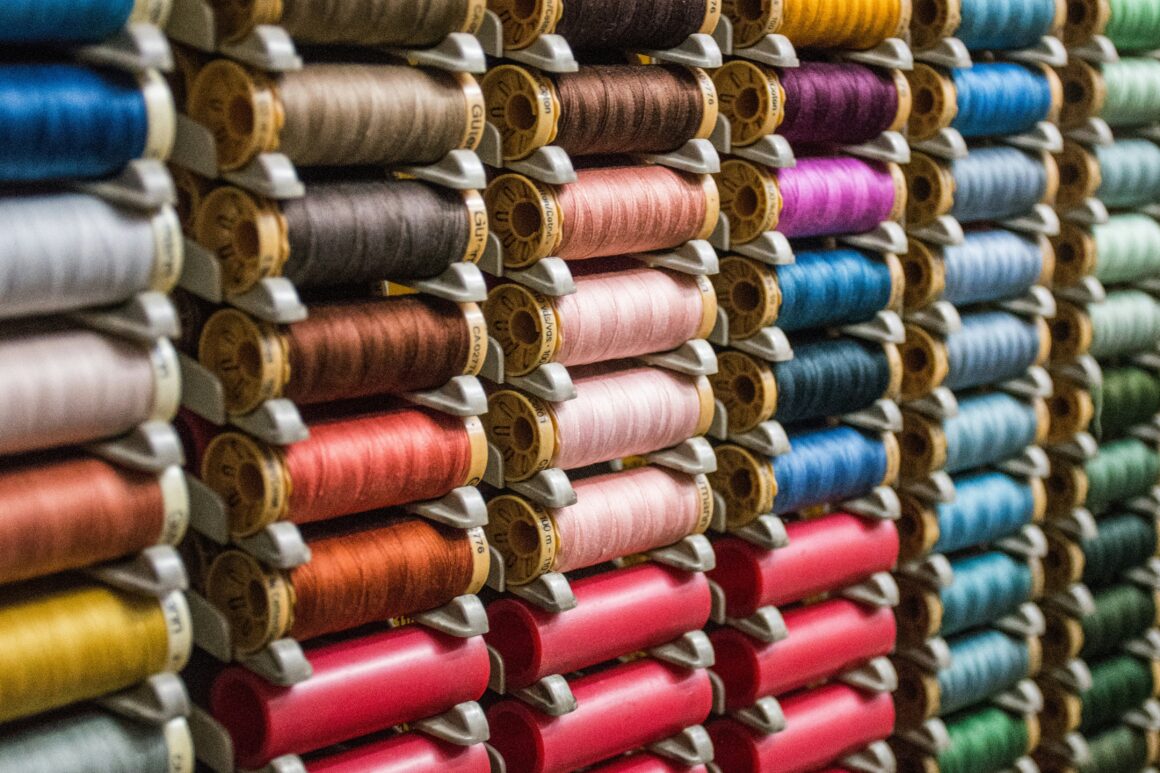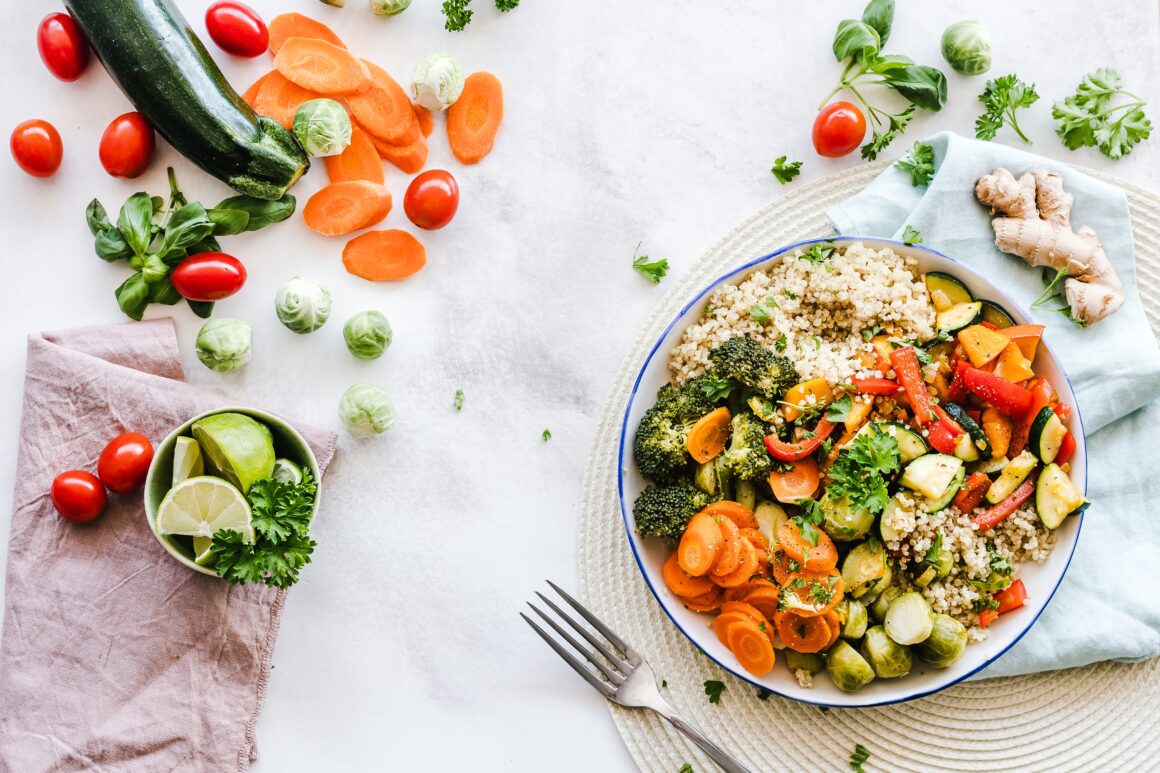The Ban on Single-Use Plastics
The Liberal Party, led by Prime Minister Justin Trudeau is set to ban single-use plastics as early as 2021. The single-use plastic ban follows the model proposed by the EU which will be implemented foreseeably in 2021.
After the G7 summit last June, fifteen countries around the world signed the Ocean Plastics Charter. One aim of the Charter is “working with industry towards 100% reusable, recyclable or, where viable alternatives do not exist, recoverable plastics by 2030.”
The full list of plastic items to be banned has yet to be released, however, some of the proposed items include:
- Straws, cutlery, drink stirrers
- Bags
- Cotton swabs
- Fast food containers and cups made of expanded polystyrene (similar to white Styrofoam).
Another proposal of the Canadian single-use plastic ban is the hold plastic manufacturers and companies that sell plastic accountable for their waste.
Since 90.5% of Canada’s plastic waste goes unrecycled, it is no surprise there is alarm around the issue with plastics. The problem with plastic is that the material is not biodegradable and, more often than not, it breaks into tiny pieces making it harder to clean and dangerous for animals and marine life. Non-biodegradable plastics can stick around for 1,000 years until actually degrading. Studies have found that the broken up pieces of these plastics, micro-plastics, have found their way into our food and water sources. Not only are the animals ingesting plastic, so are we. With how much non-degradable plastic is being thrown away annually, the problem of plastic pollution will not solve itself. Environment and Climate Change Canada says that Canadians throw away more than 34 million plastic bags every day. Furthermore, each year, globally, about 8 million tonnes of plastic waste enter the oceans.
Besides reducing waste, the Canadian Government anticipates the plastic ban will create different job prospects, as well as reduce greenhouse gas emissions.
What You Can Do in the Fight Against Plastic
Say hello to reusable!
Taking personal initiative into reducing waste is one way to adjust to the ban of single-use plastics.
- Bring your own cup to coffee shops/fast food chains that use non-biodegradable take out cups
- Bring reusable bags when you go shopping
- Swap out cotton face pads for reusable bamboo pads
- Use containers instead of plastic sandwich bags, or buy mesh bags
Not only will these one time purchases save you money in the long run, they will limit the amount of waste put into landfills and oceans.
Photo: Athens


